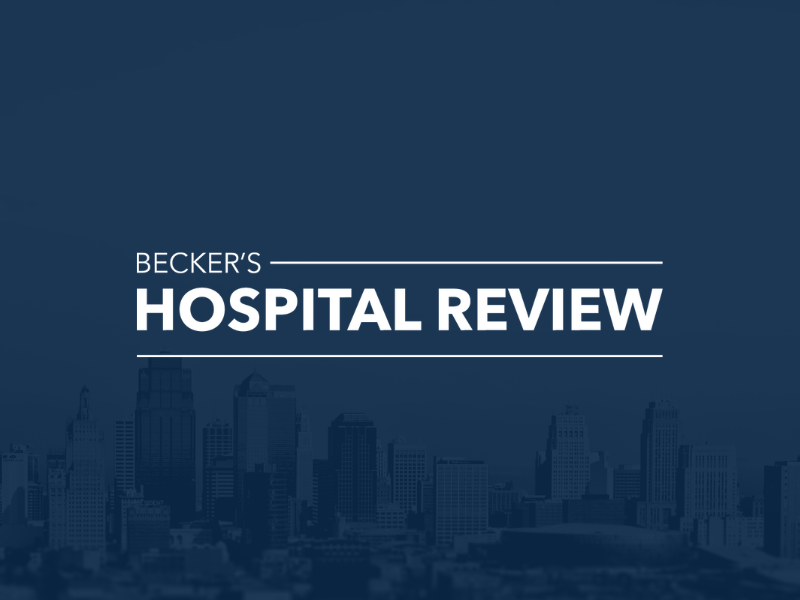- Joined
- Dec 19, 2010
- Messages
- 10,253
- Reaction score
- 13,577
A doctor does the morally & medically right thing. During a nationwide opiate-overdose death crisis she refuses to prescribe unnecessary opiates to addicts looking to abuse narcotics, and dealers looking for drugs to sell to kids who'll OD & die. She then gets fired because doing the right thing caused "low patient satisfaction scores," because the hospital is worried about losing customers and profits. It's about time we fought back against this insanity. Thank you Dr. Eryn Alpert for leading the way.

 www.beckershospitalreview.com
www.beckershospitalreview.com
(My apologies if this has already been posted. I did a search and didn't see it.)

Physician sues Kaiser Permanente over opioid-related patient satisfaction scores
An emergency medicine physician filed a lawsuit Sept. 18 against Kaiser Permanente over its patient satisfaction scoring methodology, which she alleges incentivized overprescribing of opioids and hurt her career at the Oakland, Calif.-based health system, The News Tribune reports.
(My apologies if this has already been posted. I did a search and didn't see it.)
